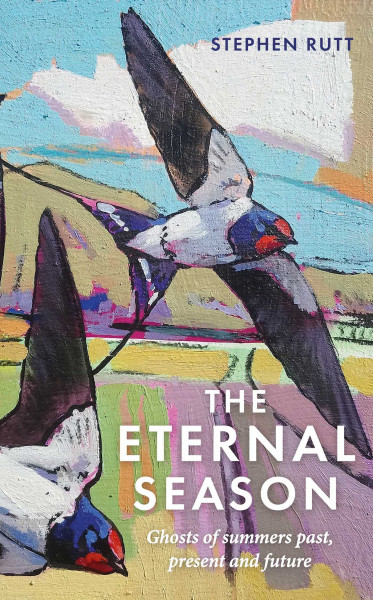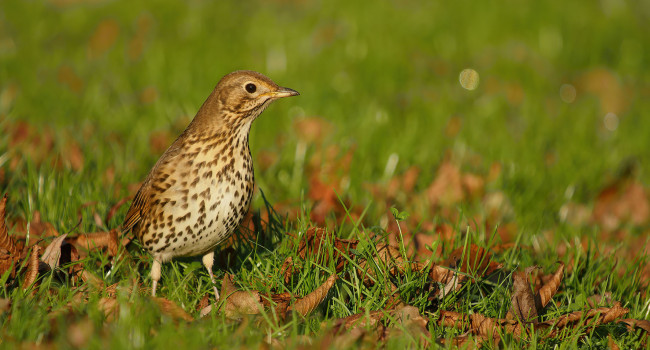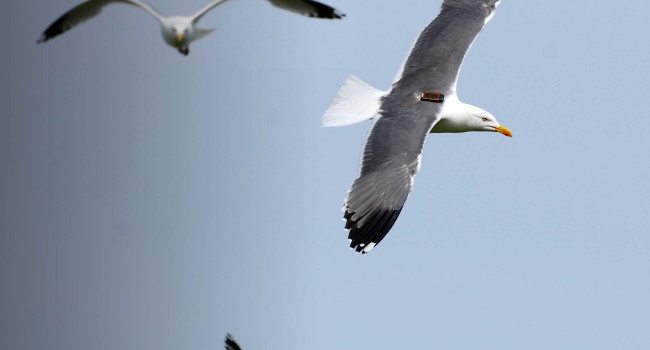
Publisher: Elliott and Thompson Ltd, London
Publication Year: 2021
Binding: 2
Page Count: 256
ISBN Number: 9781783965731
Price: £14.99
The Eternal Season: Ghosts of Summers Past, Present and Future
The Eternal Season is an exploration of the British summer, framed within the 2020 global pandemic but reaching back in time through reference to the writings of others, the author’s recollections of younger years, and the stark figures presented from BTO’s long-term monitoring schemes. This is a book about change and the disturbances that we are now seeing in the patterns and rhythms of the natural world; from the changing arrival and departure dates of summer migrants, through the declines evident across many different taxa, and on to the climate-driven colonisation of Britain by others. Through accessible and engaging narrative, Rutt picks out examples of these changes, each viewed through personal experience and encounter.
There is a poignancy to this book, something that could easily come across as pain and make this a difficult and upsetting read. In response to the experiences of communities living through devastating changes to their environment in the Upper Hunter Valley region of New South Wales, the Australian environmental philosopher and activist Glenn Albrecht coined the term ‘Solastalgia’. Albrecht described this as "… the lived experience of negative environmental change" and it is this experience that is the central theme of this book. The honesty of the text and the way in which we can see the author through his words, balances any pain that might come from the discussion of so much loss. It is the joy that the author experiences from his wildlife experiences that counters the underlying sense of loss. As a result the book feels more immediate and more hopeful, with that hope coming from the experiences of the natural world so eloquently presented. Rutt avoids any sense of elegy but still manages to underline the loss that we have seen in just a few generations.
The book starts like much nature writing and feels little different from the myriad of works that now crowd this space, but as you progress further into the text you see it pull away from the crowd to deliver something more meaningful, something that lingers longer. The last proper chapter – the main chapters are intercut with shorter sections that describe particular wildlife encounters – brings the author’s thoughts on the changes we are seeing in the natural world to the fore. It highlights the importance of thinking locally – a theme most eloquently presented by the writer Barry Lopez – and the need for ecoliteracy, among others, and draws the text to its logical conclusion. A well-written, accessible and engaging book containing some real gems.
Book reviewed by Mike Toms
Buy this book




Share this page